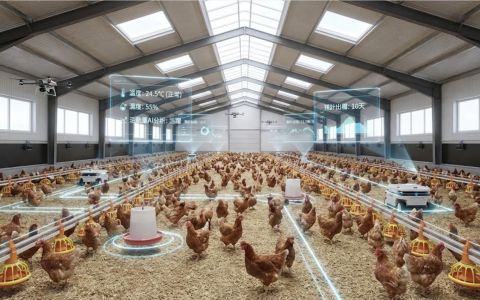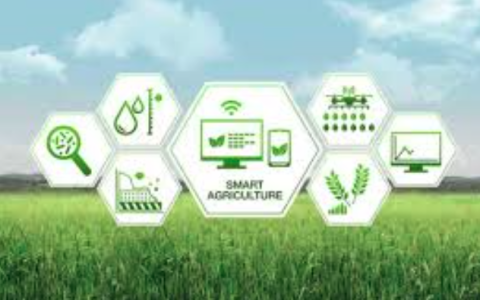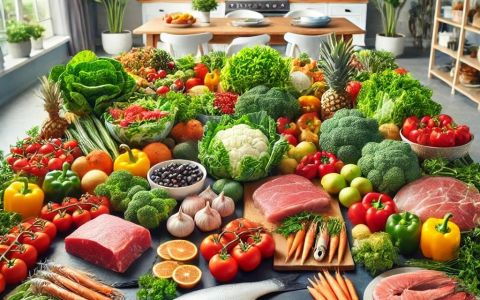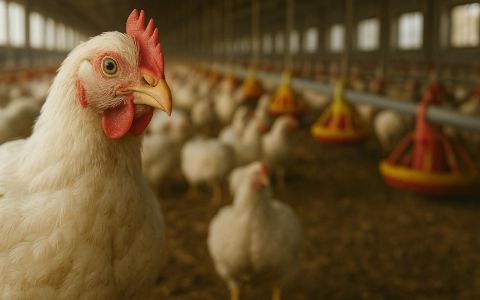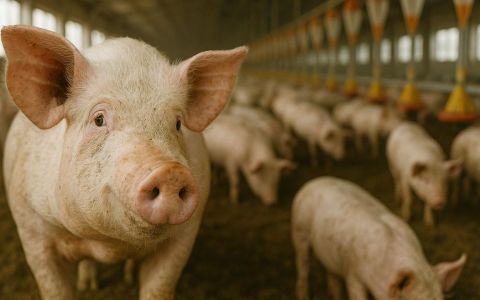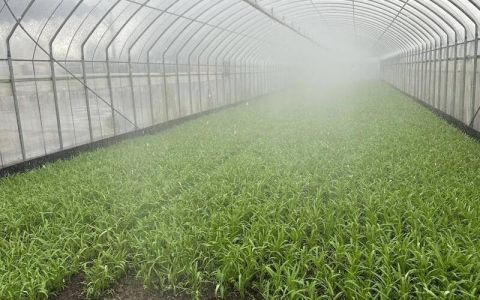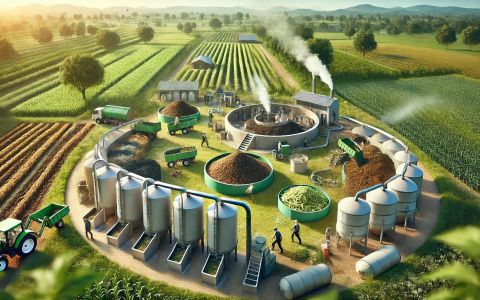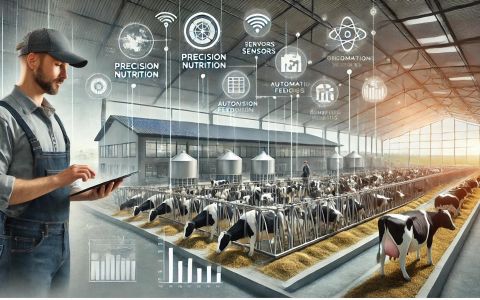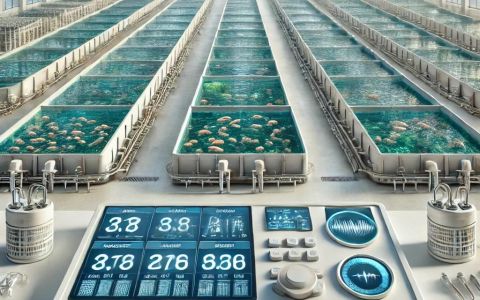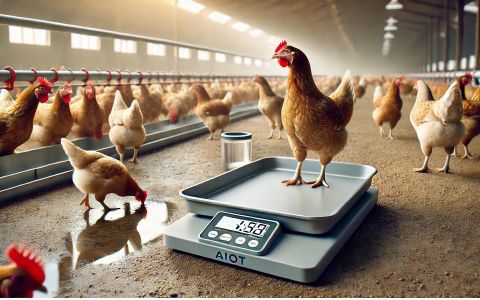News Center
2024 Taiwan Poultry Market Overview
This report is based on the 2024 Taiwan Poultry Statistical Manual, published by the Veterinary and Livestock Development Foundation. The following is a quick summary highlighting the key data and development trends of Taiwan's poultry industry in 2024:
Climate change, labour shortages and rising sustainability demands are reshaping agriculture. Here are the key smart farming technologies and trends transforming the sector in 2026.
Taiwan's ready-to-eat agricultural and fishery products and functional foods market is undergoing rapid transformation and growth, primarily driven by modern consumers' high demand for convenience, health, and sustainability. In terms of supply chain, government and private enterprises are heavily investing in automated processing technologies and nationwide cold chain logistics systems to address labor shortages, enhance food safety and quality, and strengthen export competitiveness.
2025 Taiwan Aquaculture Industry Market Analysis and Business Opportunity Trends Report
Aquaculture has become a cornerstone of Taiwan's fisheries sector. As of 2023, the industry's production value reached approximately NT$40.2 billion, accounting for nearly 41% of the country's total fisheries output.
Taiwan's Poultry Industry: Market Analysis and Equipment Opportunities for International Suppliers
Taiwan's poultry industry represents a substantial market opportunity for international equipment manufacturers and technology providers.
Taiwan's livestock production value reaches approximately NT$185.8 billion annually (2021 data), accounting for about 34.6% of the total agricultural output value
Smart irrigation and scheduling tech improve greenhouse farming efficiency in Taiwan, reducing labor needs and increasing productivity.
Overview of Taiwan's Agricultural Sector
Taiwan’s agriculture plays a pivotal role in national food security, economic development, and global trade. Despite limited arable land, climate challenges, and an aging rural workforce, Taiwan has developed a highly efficient and technologically advanced agricultural system. Today, the sector is undergoing a digital and sustainable transformation through smart farming, automation, and eco-friendly practices—aimed at boosting productivity, reducing labor reliance, and improving resilience.
Innovative Applications of Carbon Reduction and Circular Technologies in Sustainable Agriculture
Discover how cutting-edge carbon reduction strategies and circular technologies are transforming agriculture, with inspiring examples from Taiwan and Japan leading the way to a greener, more sustainable future.
Precision Nutrition in Agriculture and Livestock: Leveraging Smart Technology for Sustainable Development
Integrating smart technologies such as sensors, IoT, and AI into agriculture and livestock sectors enables precise nutritional management, enhancing production efficiency, reducing waste, and promoting environmental sustainability.
Smart Solar-Aquaculture Symbiosis: Integrating Renewable Energy with Intelligent Fish Farming
This innovative approach combines solar photovoltaic power generation with smart aquaculture technologies, enhancing land use efficiency, stabilizing water quality, and improving farming environments to boost productivity and sustainability in the aquaculture industry.
Integrating artificial intelligence and Internet of Things technologies, AIoT automated poultry scales utilize image recognition to calculate poultry numbers and average weights, uploading data to the cloud for real-time monitoring, thereby optimizing feed management and enhancing farming efficiency.









